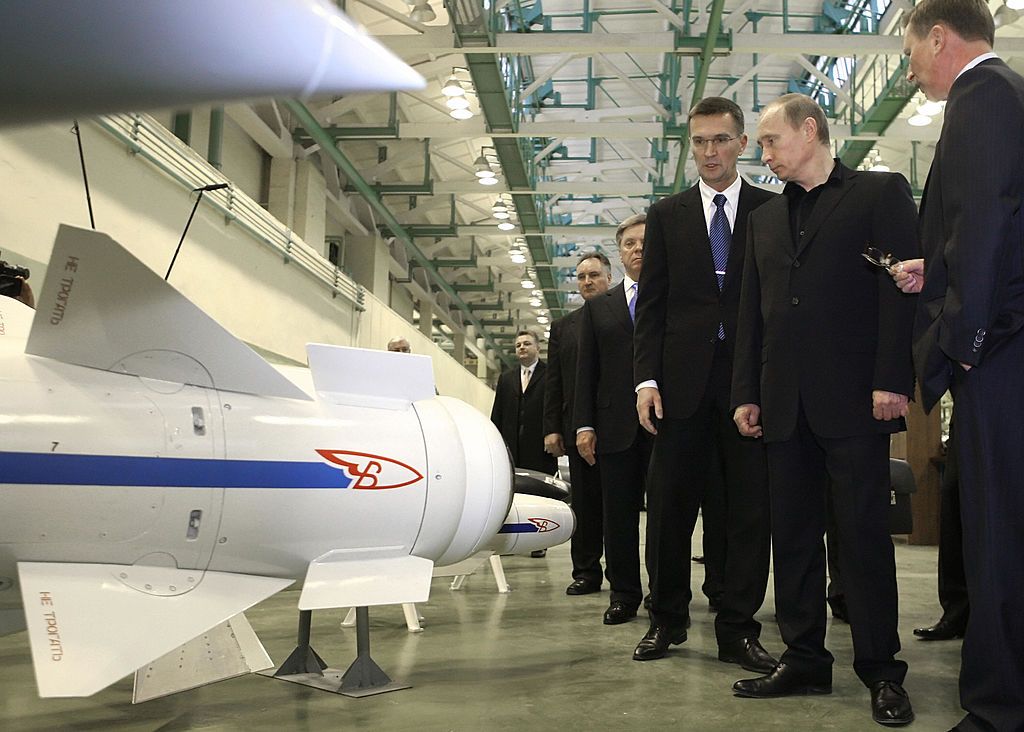New Swiss sanctions against Russia come into effect

Switzerland has implemented a new set of sanctions against Russia, the Swiss government said in a press release published online on Aug. 16.
The measures align with the European Union's 11th package of sanctions from June 23. Switzerland announced on June 28 it would expand its sanctions against Russia to be in line with the EU.
The EU sanctions apply financial and travel restrictions on 71 individuals and 33 legal entities. The sanctions targeted individuals and groups that support the forced deportation of Ukrainian children to Russia.
The sanctions package is also designed to tackle Russia’s import of dual-use technologies that can be used for military purposes, further limit the import of Russian oil, and ban several media outlets suspected of promoting Russian propaganda.
Switzerland broke from its tradition of political neutrality to join in sanctions against Russia after the invasion of Ukraine in February 2022.
However, Switzerland blocked the transfer of 96 tanks to Ukraine on June 28, as the country's law does not currently allow the delivery of Swiss-made weapons to combat zones, even when supplied by an intermediary country.
In an address to the Swiss parliament on June 15, President Volodymyr Zelensky brought up the ongoing debate in the Switzerland on the re-export of the Swiss weapons arsenal, reminding them of Ukraine's need for military aid.
Members of the right-wing Swiss People's Party left the room during the speech, saying it violates the country's tradition of neutrality.
By the end of 2022, the country had frozen financial assets worth nearly $8 billion as a response to Russia’s invasion of Ukraine, according to the Switzerland's State Secretariat for Economic Affairs (SECO).













